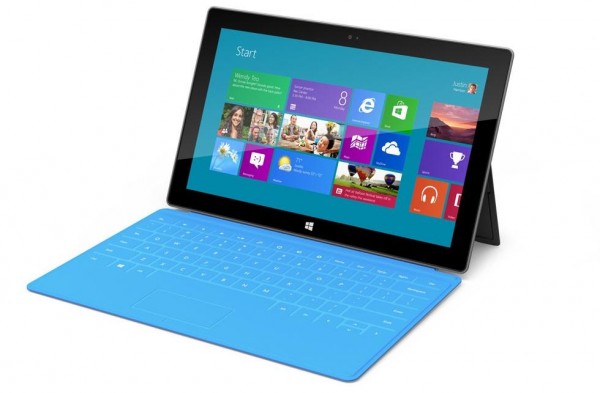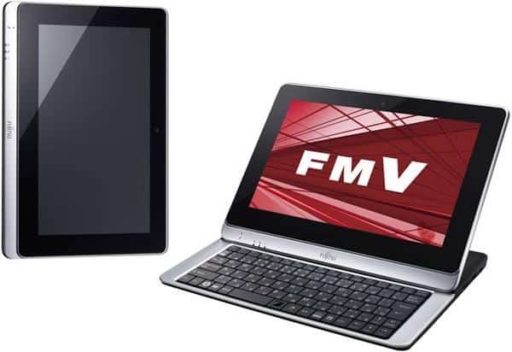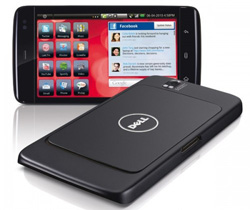For long, Microsoft has mostly been a software company (except for its XBox venture), creating new and better software and shipping it out to hardware vendors for use. However, given Apple’s immense success, it had become evident that a hardware-plus-software company, with the tight integration of the two, would sell better in today’s tech world. The examples in this case are iPhone and iPad. And, the Microsoft’s new venture, the Surface tablet, casts some serious doubts within industry analysts that the company is out to follow Apple’s business model.
Microsoft already has one venture under its hat where it used its own hardware and software – the Xbox franchise. And the success of the franchise pretty much shows that such a model can be very popular indeed.
It is perhaps, then, with this intention that Microsoft has launched its very own Surface tablets, running Windows RT and Windows 8. The tablets are directly from Microsoft, in all, and do not include any other hardware vendor directly.
This is a significant move by Microsoft since it is different from Microsoft’s past strategy in a lot of ways. In the past, HP, Dell, Lenovo and other hardware vendors have been making use of Windows to include on their machines whereas Microsoft confined itself to the software part. But now that Microsoft is directly entering the tablet market with its own hardware, this can have huge ramifications for Microsoft’s partner hardware vendors.
Microsoft has officially stated that it did notify other vendors well ahead of the unveiling of Surface tablets. However, some reports tend to suggest the contrary, showing that one or two vendors may have notified well ahead of time whereas some were notified just a few days before the event and some didn’t know about the Surface tablets at all until the event itself.
These vendors, which include the likes of HP and Dell, haven’t officially responded in detail to this move by Microsoft. Rather, they are fairly quiet and have opined in only careful words. For instance, Dell said that Microsoft was ‘an important partner’ for the company, which essentially means that the two will continue collaboration, despite the Surface tablets.
Other vendors have also resounded similar sentiments. What remains to be seen is that how will these vendors exist in the tablet market in the coming days. Dell has famously reiterated again and again that it will be launching Windows 8 tablets, a move through which it hope to gain traction in the tablet market. But who would want to buy a Windows 8 tablet from Dell when Microsoft is also offering one? Same goes for other vendors.
LG resigns from the tablet market:
We can’t be sure about this but it seems that the move from Microsoft is already making other vendors change their strategy for the future. LG has announced that it will be abandoning any plans it had of entering the tablet market and would rather focus on the cellphone front.
Microsoft not serious about Surface tablets:
However, here’s a theory that has been presented by Acer’s founder Stan Shih. According to him, this move by Microsoft is not a serious move to enter the tablet market. Rather, Microsoft is trying to hype up the excitement surrounding Windows 8 and possibly pave the way for Windows 8 tablets so that other vendors could jump the bandwagon and get the ball rolling soon. In his view, Microsoft is simply trying to ‘encourage’ Windows 8 tablets and once other vendors gain momentum, Microsoft will bow out of the competition.
This theory, however, makes some sense. If Microsoft sticks to this stance, it may put the future of many of its partner vendors at peril along with its own.
Source: Reuters / The Verge / Engadget
[ttjad keyword=”windows-tablet”]



